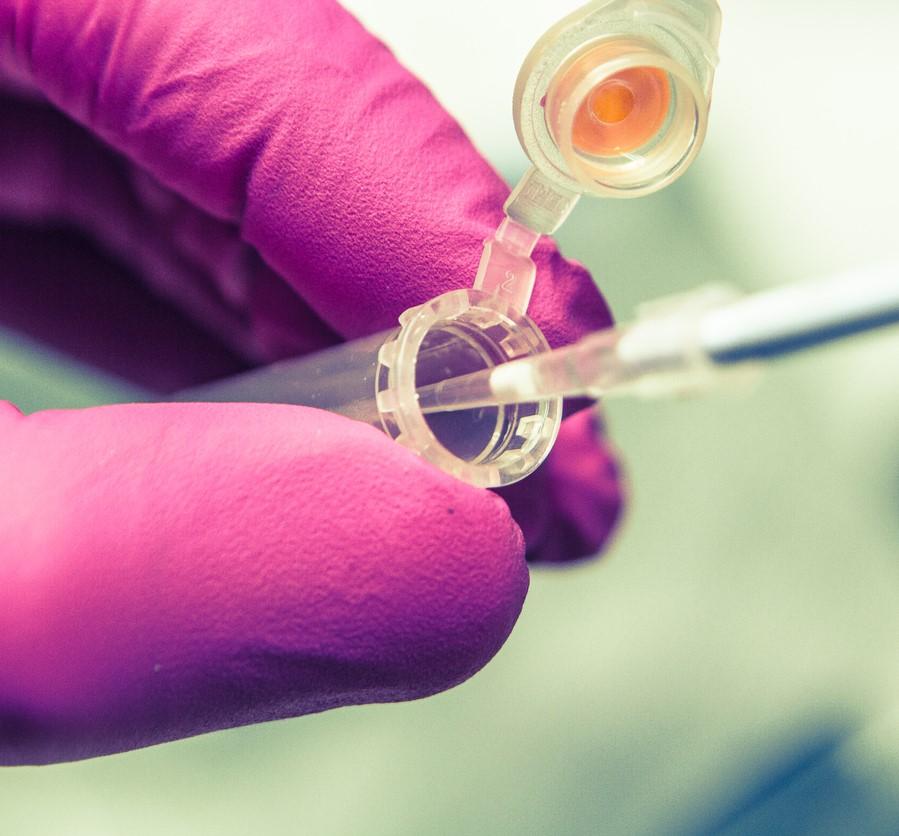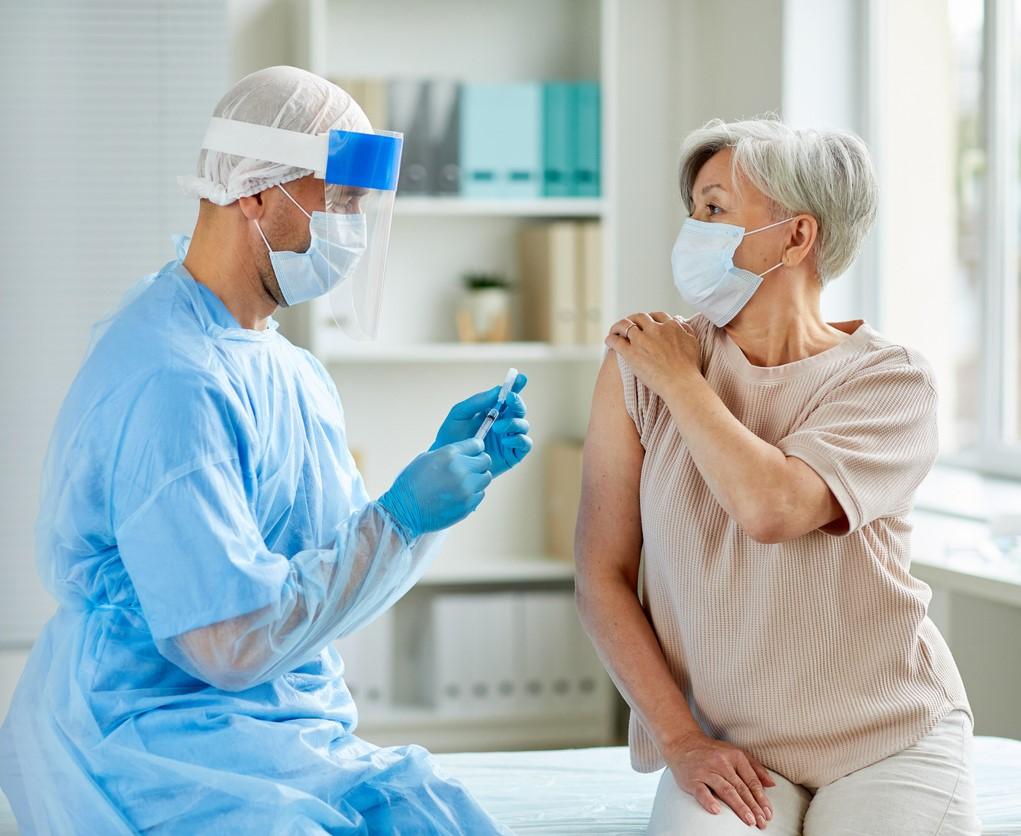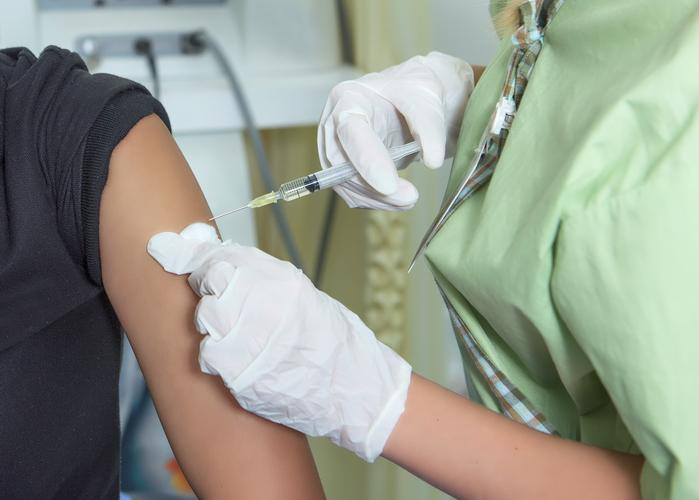The US Department of Health and Human Services (HHS) Administration for Strategic Preparedness and Response (ASPR) today announced nearly $27 million to support the rapid development and scaled-up manufacturing capacity for diagnostic tests to address future biologic threats. The funding is coming from the Biomedical Advanced Research and Development Authority (BARDA) consortium.

Dawn O'Connell, JD, Assistant Secretary for Preparedness and Response at HHS, said in a statement that the COVID pandemic revealed a gap in the country's ability to quickly develop, validate, and produce diagnostic tests. "We expect the progress made with today's funding will begin to close that gap. These diagnostics use platforms that allow for rapid development and can be ready for production at any time."
Diagnostics advancements could pivot to other emerging threats
The new projects represent the first diagnostics of their kind and include about $16 million for InBios International, based in Seattle, to develop a point-of-care lateral flow test to detect Burkholderia pseudomallei, the bacterium that cause melioidosis. The second project provides up to $11 million to OraSure Technology, based in Pennsylvania, to develop a rapid antigen test for Marburg virus.
The funding covers development steps through regulatory approval, and ASPR said the new capability can be repurposed to develop and produce tests for other biological threats when needed.
We are establishing long-term partnerships to develop diagnostic tests rapidly.
BARDA Director Gary Dishbrow, PhD, said, "Through these awards, we are establishing long-term partnerships to develop diagnostic tests rapidly, using existing domestic manufacturing facilities, to create a more sustainable response to future health security threats."
.jpg)












